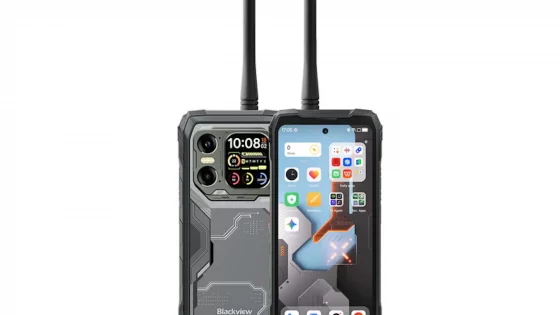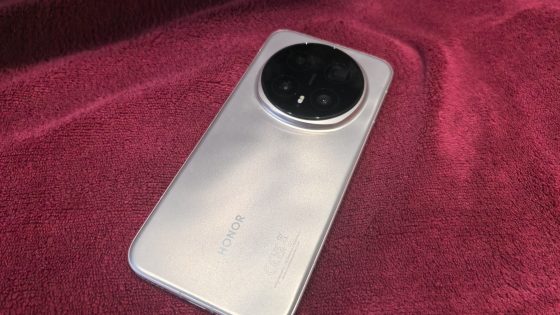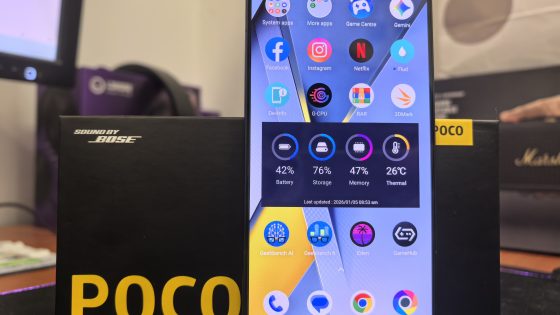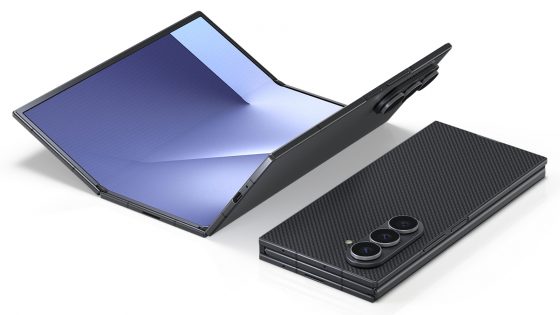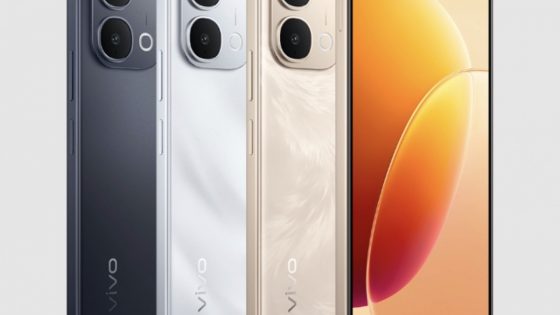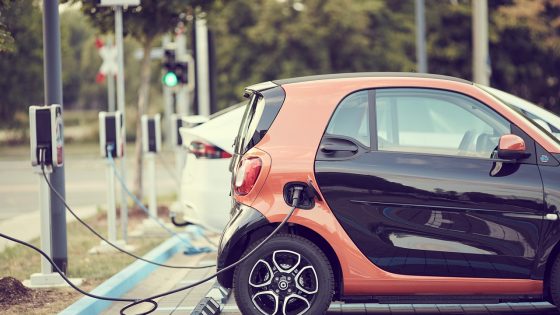Battery performance: on the cusp of revolutionary progress

The Japanese company TDK announces a major advance in the development of materials used in small solid-state batteries. Apple's largest battery supplier is promising major improvements to the battery performance of smart watches, wireless headphones and other devices.
The new material delivers an energy density – the amount of energy that can be squeezed into a given space – of 1,000 watt-hours per liter, about 100 times more than TDK’s current battery. Since TDK first introduced the batteries in 2020, competitors have stepped up to develop small solid-state batteries that offer 50 Wh/L, while small rechargeable button batteries that use traditional liquid electrolytes offer about 400 Wh/L, according to TDK.
“We believe that our new material for semiconductor batteries can significantly contribute to the energy transformation of society. We will continue development towards early commercialization,” said TDK CEO Noboru Saito.
The batteries will be made entirely of ceramic material, with a solid oxide-based electrolyte and lithium alloy anodes. The battery's high capacity to store electric charge, TDK said, would enable the development of smaller devices and longer operating times, while the oxide offers a high degree of stability and thus safety. The new battery manufacturing technology is designed to be used in smaller battery sizes, replacing existing coin-cell batteries found in watches and other small electronics.
TDK's breakthrough is the latest step for an entire industry that experts believe could revolutionize energy storage. However, it will not be without challenges, as manufacturers will face many obstacles on the way to mass production, especially if they want to produce batteries of larger sizes. Solid-state batteries are safer, lighter and potentially cheaper, offering longer performance and faster charging than current batteries that use liquid electrolytes.
The ceramic material used by TDK means that batteries of larger dimensions would be more fragile. TDK says this challenge would make it virtually impossible to make batteries for cars or smartphones in the near future.
Kevin Shang, senior research analyst at data and analytics firm Wood Mackenzie, said that “unfavorable mechanical properties,” as well as the difficulties and costs of mass production, are the biggest challenges to transitioning to using oxide-based semiconductor batteries in smartphones.
Industry experts believe that the most important use case for solid-state batteries could be in electric cars, as this would enable a much greater range. Japanese companies are already working to commercialize the technology: Toyota aims for 2027, Nissan a year later, Honda by the end of the decade.
Founded in 1935 and becoming a well-known cassette tape brand in the 1960s and 1970s, TDK has many years of experience in battery materials and technology.
It has a 50 to 60 percent global market share in the small-capacity batteries that power smartphones and aims to lead the mid-capacity market, which includes energy storage devices and larger electronics such as drones.
The group plans to test samples of the new prototype batteries with customers next year and hopes to move into the mass production phase after that.



